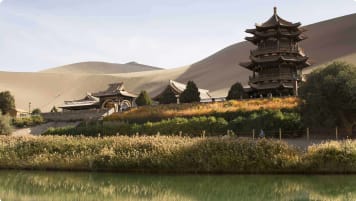10 Books About Japan
Tours of Japan Visiting Japan, a land of dazzling contradictions, is an unforgettable experience. High-tech cities harbour relics of a fascinating past. Futuristic fashion and gadgets share the streets with evidence of deeply held traditions.…
5 Oct 17 · 2 mins read
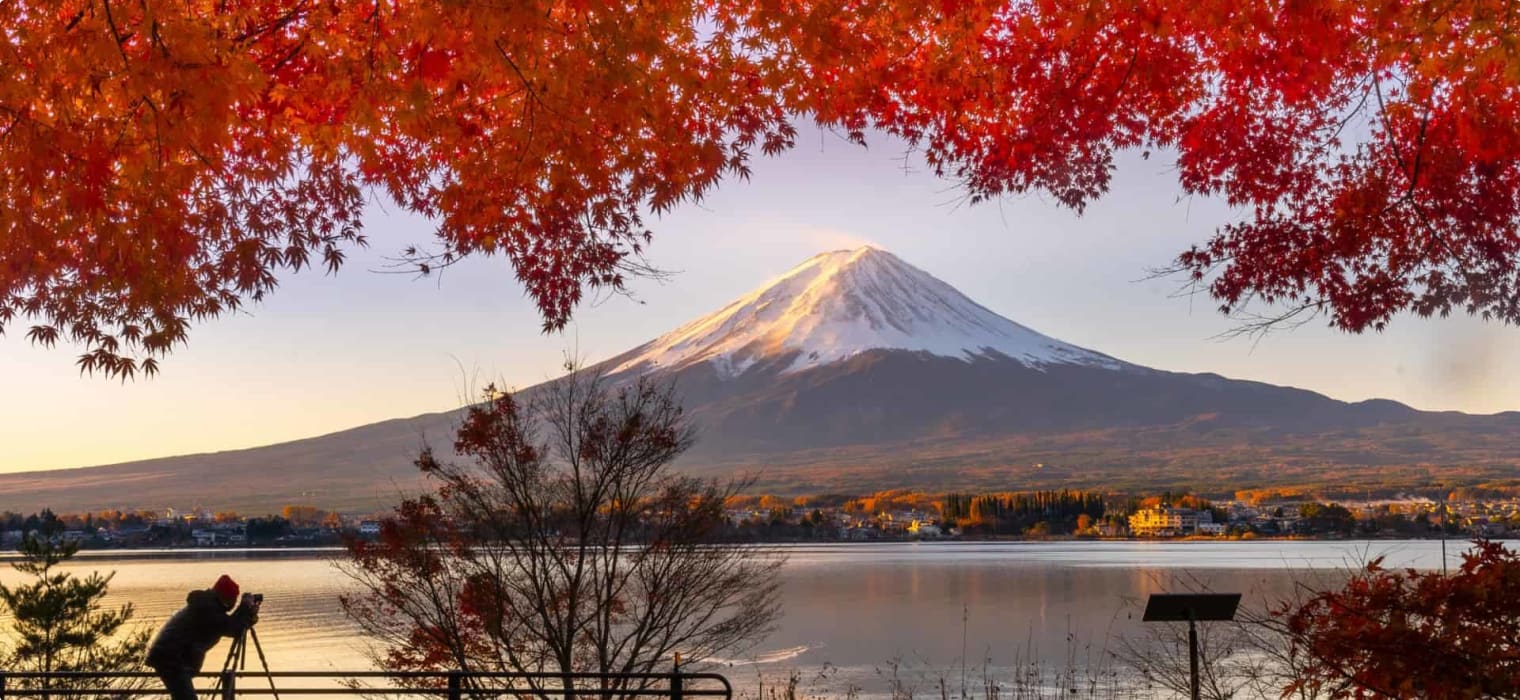
Tours of Japan
Visiting Japan, a land of dazzling contradictions, is an unforgettable experience. High-tech cities harbour relics of a fascinating past. Futuristic fashion and gadgets share the streets with evidence of deeply held traditions. A soaring sky scraper may house a chamber for ancient tea ceremonies (sado), with tatami mats and sliding wooden doors. Japan is a country famed for its quirky vending machines, where you can purchase soup and even beer! But Japan also has a rich and proud history of architecture, culture and the arts. Literature, in particular, continues to flourish, with this nation responsible for the haiku poem. This Guide to Japan for mature travellers will assist you in planning your visit. It provides key information on what makes Japan so memorable, plus some insider tips for mature travellers, either couples or those enjoying solo travel.
The word Japan conjures for most the image of bright lights and concrete jungles, but the cities abound in natural wonders. Once you step outside the urban centres, expect stunning, geographically diverse landscapes. Japan offers some of the world’s best skiing, and the blooming cherry blossoms draw people from across the world. Japan is also home to 15 cultural and four UNESCO world heritage listed sites, including exquisite temples and sacred sites. Always surprising and incredibly diverse – from its cities to the mountains and semi-tropical beaches, Japan offers travellers unique experiences.
Lost Japan
An Introduction to Japanese Society
A Concise History of Japan (Cambridge Concise Histories)
For Fukui's Sake: Two years in rural Japan
Bending Adversity: Japan and the Art of Survival
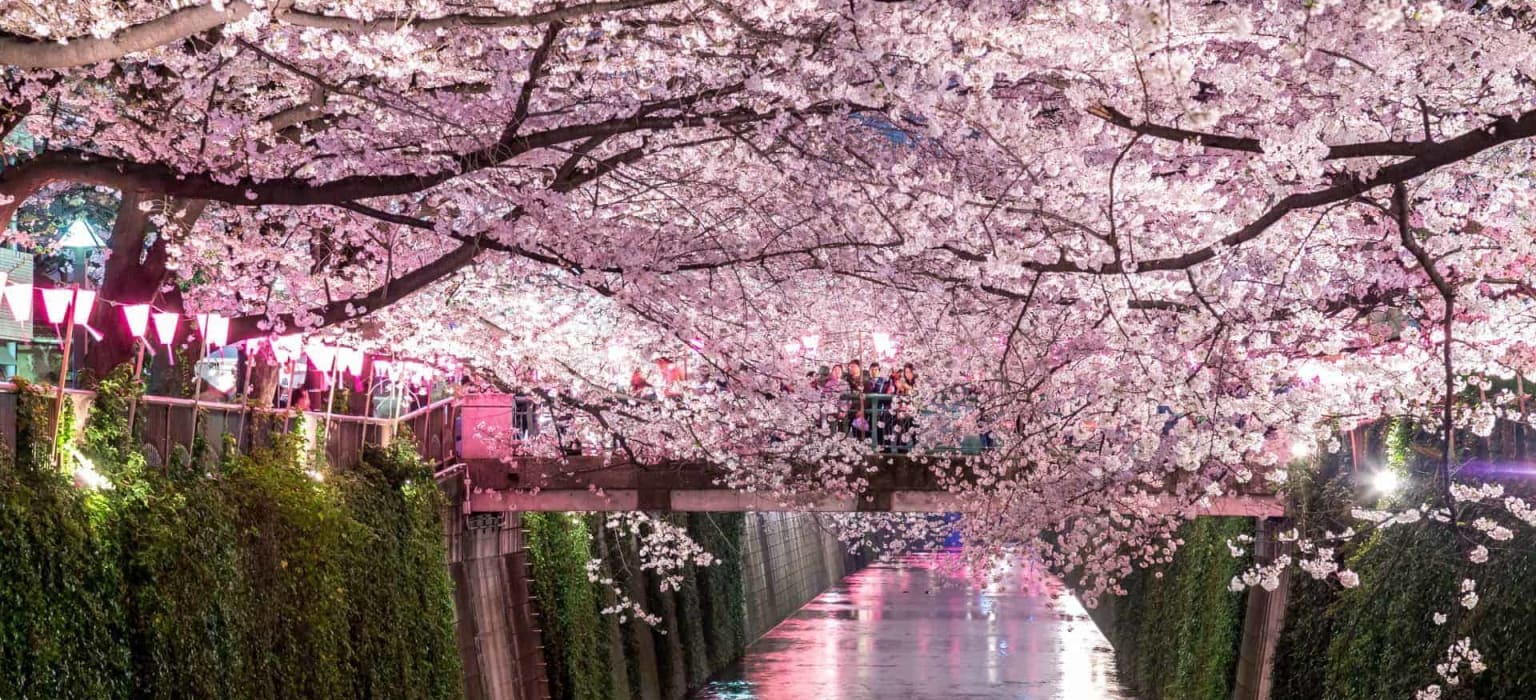
Japan: The Story of a Nation
A Geek in Japan: Discovering the Land of Manga, Anime, Zen, and the Tea Ceremony
The Tale of Genji
Memoirs of a Geisha
by Arthur Golden
The Wind-Up Bird Chronicle
by Haruki Murakami
Japan’s most highly regarded novelist vaults into the first ranks of international fiction writers with this heroically imaginative novel. A story that is a detective story, an account of a disintegrating marriage, and an excavation of the buried secrets of World War II.
In a Tokyo suburb a young man named Toru Okada searches for his wife’s missing cat. Soon he finds himself looking for his wife as well in a netherworld that lies beneath the placid surface of Tokyo. As these searches intersect, Okada encounters a bizarre group of allies and antagonists: a psychic prostitute; a malevolent yet mediagenic politician; a cheerfully morbid sixteen-year-old-girl; and an ageing war veteran who has been permanently changed by the hideous things he witnessed during Japan’s forgotten campaign in Manchuria.
Gripping, prophetic, suffused with comedy and menace. The Wind-Up Bird Chronicle is a tour de force equal in scope to the masterpieces of Mishima and Pynchon.
Odyssey Traveller offers regular escorted small group tours to Japan each year. All our tours include an English-speaking guide to introduce you to the mystic cultures of this incredible nation. Odyssey’s tours of Japan remain very popular. Check out all of our tours of Japan.
And to keep in touch with Odyssey Traveller and receive information on our upcoming tours, please call or send an email. We’d love to hear from you!
Related Tours
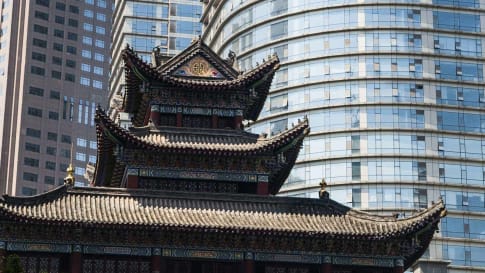
21 days
OctContemporary Japan | Small Group Tour
Visiting Japan
This small group tour organised by Odyssey Traveller, Contemporary Japan, will take you through modern life in this East Asian jewel. This contemporary tour for couples and solo travellers is an expedition through Japan’s major urban areas, beginning and ending in Japan’s tantalising capital, Tokyo. For the first 12 days we get our fill of Tokyo fashion, technology, culture, and sights.
From A$19,625 AUD
View Tour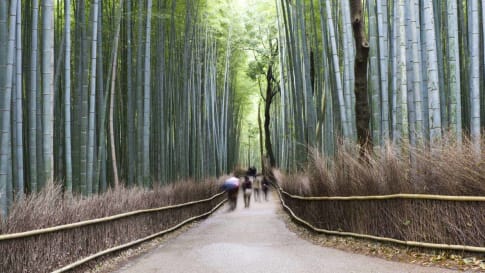
10 days
AprJapan History by Rail - Small Group Tour
Visiting Japan
Explore historic and present day Japan. Journey by rail to regions and great cities to learn about their historical significance.
From A$13,995 AUD
View Tour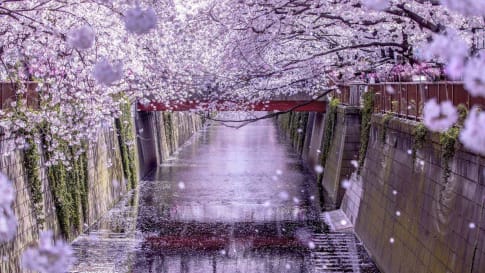
12 days
Sep, MarJapan Odyssey - Small Group Tours for Mature Travellers
Visiting Japan
During this small group program we encounter history from ancient periods; religions such as Buddhism and Shintoism; the philosophy of the people through visits to world renowned temples and shrines; and old towns full of ancient legends of Samurai and more in Japan. Together we, as mature and senior couples or solo travellers will share some traditions which the Japanese have inherited. A variety of sites including UNESCO World Heritage sites, has been chosen for this tour, all filled with clues such as Hanami or forest bathing to understand the essence of Japan including astro boy.
From A$14,995 AUD
View Tour